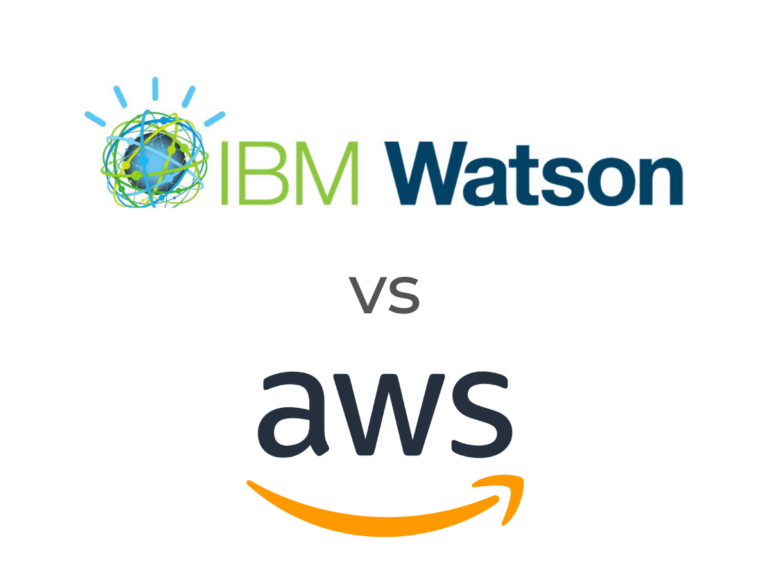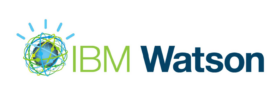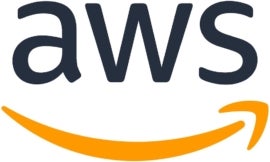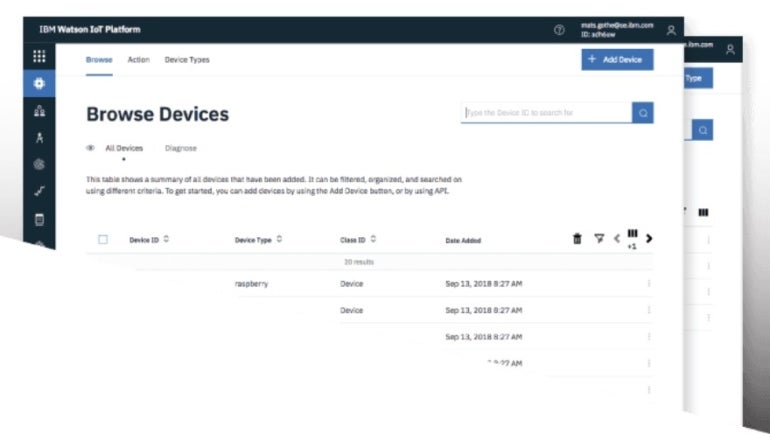IBM Watson vs AWS: Compare top IIoT products

In the spirit of productivity and advancement, industrial Internet of Things tools are becoming increasingly viable and profound. These tools can help collect data, communicate with organization employees, scale operations, improve manufacturing, incorporate artificial intelligence and more.
SEE: Hiring Kit: IoT developer (TechRepublic Premium)
IBM Watson and Amazon Web Services IoT Core are two platforms that offer such tools. They both focus on different aspects of the customer and IIoT experience, and each can be useful when paired with the right users.
Overview of IBM Watson

IBM Watson is IBM’s platform dedicated to IIoT tools. Watson focuses on allowing businesses to capture data easily. The platform encourages organizations to monitor all aspects of operation, including equipment, devices and software. IBM Watson also provides a simple digital interface that helps to manage devices from anywhere.
The IBM platform even allows for mass device additions to a network, making it easier to scale. Further, IBM Watson uses MQTT software to facilitate machine-to-machine communication, which allows the platform to deliver live data to users. IBM Watson, in the spirit of providing and securing data, also allows organizations to compile a complete history of their device/software data.
IBM Watson includes many other features — digital communication and outstanding AI tools, for example. But at its most basic, IBM Watson is a clear champion of simple migration to an IIoT network. The platform makes it easy for large organizations to manage data and offers an encouraging interface that can be helpful.
Overview of AWS

AWS IoT Core, alternatively, is a bit more customizable. Amazon has become a leader within the IIoT and cloud computing spaces and has developed many tools that can help businesses streamline operations. AWS includes two prominent systems for IIoT-compatible devices, for example. The platform analyzes organization devices to determine how best they can be used with the AWS network or if they are viable for use.
AWS IoT Core incorporates a Device Shadow system as well. Using the AWS Core console, users can create virtual versions of machines that will connect with applications and services even if they are offline or are not connected to AWS. IoT objects can be given multiple shadows, and this allows for effective remote management of assets.
Additionally, AWS IoT Core takes advantage of Amazon technology and platforms. Core can direct messages and operations to other Amazon systems, like Amazon Kinesis and AWS Lambda. AWS has also allowed for Alexa integration, meaning users can take advantage of voice commands when working with AWS IoT Core.
Because of the AWS cloud platform, and the suite of tools organizations have access to, AWS Core is a viable network for businesses big and small that want dynamic control of their operations.
Feature Comparison: IBM Watson vs. AWS
| Feature | IBM Watson | AWS IoT Core |
|---|---|---|
| Device management | Yes (simpler) | Yes |
| Data and insights | Yes | Yes |
| Pricing | Flat rate | Variable |
| Scalability tools | Yes | Yes |
| Security | Yes | Yes (more thorough) |
Head-to-head comparison: IBM Watson vs. AWS IIoT Products
Connectivity
When it comes to connecting devices and connecting with other organization personnel, Core and Watson favor separate approaches. IBM Watson is a simpler platform, where bulk actions are specifically encouraged. After connecting one device to the IBM Watson network, IIoT enterprises can then incorporate as many devices as they require. This system focuses on quick expansion and supports MQTT and HTML communication.

AWS IoT Core, while still supporting mass scalability, implements language that ensures the effectiveness of connected devices. Core supports MQTT and HTML like Watson; though, it also allows for WebSockets communication. By downloading and utilizing Core SDK, businesses can more easily integrate devices and applications. This process is more complicated than IBM Watson’s approach to connectivity, but AWS includes development guides and many benefits for organizations. Once downloaded and learned, Core SDK can be incredibly helpful.
Analytics

IBM Watson and AWS IoT Core both offer powerful analytics tools to users. AWS IoT Core uses a Rules Engine that scans incoming messages and data, which it then redirects to specific platforms, devices or users. The Rules Engine allows enterprises to determine their own “rules.” Incoming data is used expressly how organizations want it to be used.
SEE: Hiring kit: Data scientist (TechRepublic Premium)
IBM Watson doesn’t account for personal operations in the same way; though with live statistics, sophisticated AI and Watson Studio, users have access to data management tools that are just as successful as AWS. In some ways, they are more advanced. Watson captures data from nearly every source imaginable. Entire buildings can be managed via the IBM IIoT network.
Pricing
AWS IoT Core and IBM Watson provide value based on different features, and as such, they are priced uniquely. IBM Watson favors a flat rate of $80 per person, per month. There is also a basic plan, which starts at $30; though, it lacks some of Watson’s best AI and management tools.
AWS IoT Core is priced based on usage. Each key aspect of the platform, including features like shadowing, message analysis, and rules engine usage, are all priced individually. AWS estimates that a company with 100,000 devices connected to the IoT Core network would end up spending roughly $1,900 per month. This would translate to a 24-person team of professionals on IBM Watson.
Security
Both IBM Watson and AWS IoT Core offer end-to-end encryption of data and secure cloud platforms. Because IIoT is all about collecting information, it is important to maintain secure networks. Both Watson and Core offer IoT secure remote services as well and include authentication and authorization for users.
Choosing between IBM Watson and AWS IIoT products
IBM Watson and AWS IIoT are both viable platforms for IIoT professionals. The two services are different in the ways they approach IIoT management, however, and some organizations might be more successful with one rather than the other.
Companies that prioritize ease of access, expect to scale quickly, and need to sort through vast amounts of data quickly should take advantage of IBM Watson. Alternatively, AWS IoT Core is perfect for enterprises that require thorough customization of data, increased analysis tools and access to a larger cloud platform. While both are successful services, determining the best IIoT platform is largely a matter of enterprise needs.
Have a look at some of our other IIoT product comparisons here: AWS vs Azure and IBM Watson vs Azure.
Read next: Top 5 trends to watch in industrial IoT (TechRepublic)
For all the latest Technology News Click Here
For the latest news and updates, follow us on Google News.
